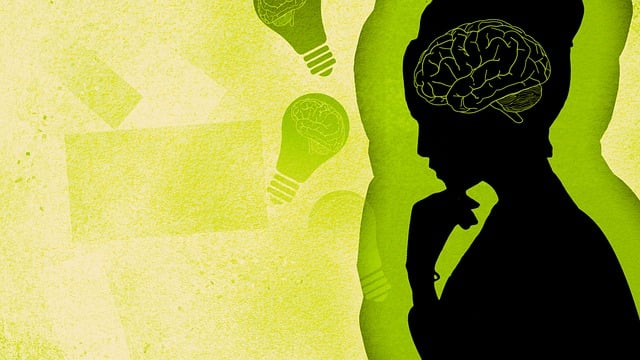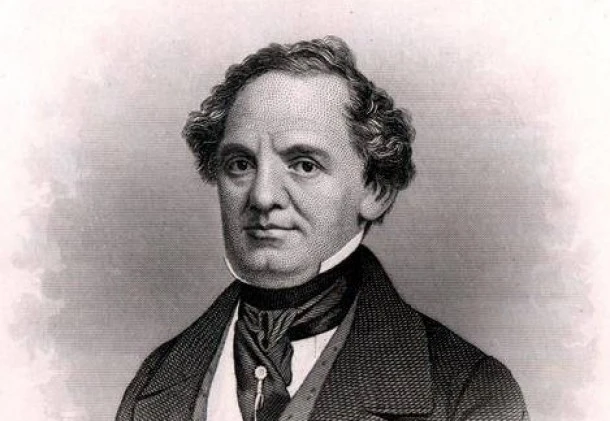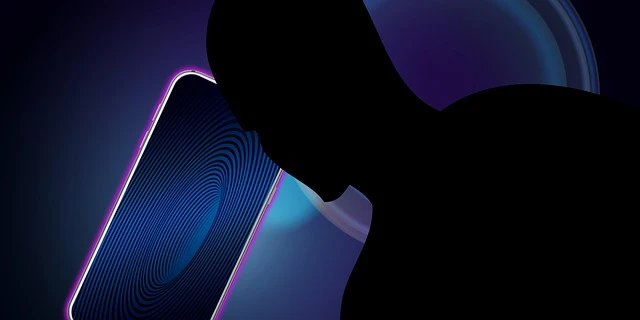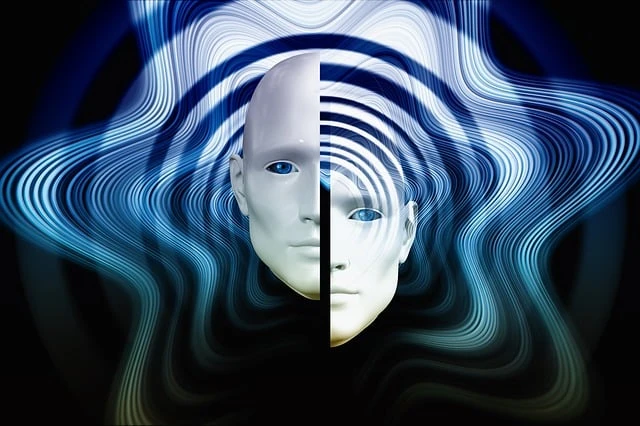Why We Can't Stop Taking Personality Quizzes (And That's Actually Okay)

The personality quiz phenomenon has exploded beyond anyone's predictions. Modern psychological assessments now cover everything from the "Big Five" personality traits to specialized assessments that take just minutes to complete , yet we're still drawn to the most random, unscientific quizzes imaginable. Why? The answer involves brain chemistry, social psychology, and some fascinating quirks of human nature.
Your Brain on Quiz Results: The Dopamine Connection
Every time you click "Get My Results," your brain expects a reward. That anticipation triggers a small dopamine release, the same neurotransmitter involved in everything from eating chocolate to falling in love. It's a mini slot machine experience, except instead of coins, you're hoping for insights about yourself.
But here's the kicker: the reward isn't just the result itself. It's the moment of recognition when something clicks. "Yes, I AM the type of person who would be a Victorian-era inventor!" Your brain loves pattern recognition, and personality quizzes serve up patterns on a silver platter.
This neurochemical response explains why quiz-taking can become genuinely habit-forming. Each positive result reinforces the behavior, making you more likely to take "just one more" the next time you're scrolling through your phone at an ungodly hour.
The Barnum Effect: Why Vague Feels Accurate

Meet Phineas T. Barnum, the 19th-century showman who gave his name to one of psychology's most relevant phenomena. The Barnum effect describes our tendency to accept vague, general statements as uniquely accurate descriptions of ourselves . Research shows people rate generic descriptions as personally accurate, even when everyone receives identical feedback .
Consider this statement: "You have a need for other people to like and admire you, yet you tend to be critical of yourself." Accurate? Most people think so. That's the Barnum effect in action. It's not that we're gullible, but rather that these statements tap into universal human experiences while feeling personally tailored.
Smart quiz creators understand this psychology. They craft results that feel specific while remaining broadly applicable, creating that magical moment where you think, "How did they know that about me?"
Identity Formation in the Digital Age
Personality quizzes offer something precious in our fragmented world: a sense of identity structure. In previous generations, identity might have been largely determined by geography, profession, or family role. Today's world offers endless possibilities, which can be both liberating and overwhelming.
Quizzes provide temporary scaffolding for self-understanding. They offer categories, labels, and frameworks that help organize the chaos of being human. Whether you discover you're a "Golden Retriever personality" or an "ENFJ with Ravenclaw tendencies," these labels become part of your internal narrative.
This isn't necessarily shallow, it's adaptive. In a complex world, having simplified frameworks for understanding ourselves and others can actually improve our social functioning and self-awareness.
The Social Currency of Quiz Results

Quiz results have become a form of social shorthand. When someone says "I'm such an INFP," they're not just sharing a test result, they're communicating their approach to the world, their values, and their behavioral patterns in four letters.
This social dimension explains why quiz results spread so rapidly on social media. Sharing your personality type is a low-risk way to reveal something meaningful about yourself while inviting others to do the same. It's vulnerable enough to feel authentic but safe enough to post publicly.
The comment sections of these posts reveal fascinating social dynamics: people comparing results, explaining why they agree or disagree with their outcomes, and using the quiz as a launching pad for deeper conversations about personality and behavior.
Procrastination's Perfect Partner
Let's acknowledge the elephant in the room: sometimes we take personality quizzes because we're avoiding something else. They provide structured procrastination, a way to feel productive while actually accomplishing nothing urgent.
But even this serves a psychological function. Taking a quiz gives your brain a small sense of completion and progress. It's a micro-accomplishment that can actually reset your mental state, sometimes making it easier to tackle the task you were originally avoiding.
This is why quiz-taking often clusters around stressful periods. When life feels chaotic, the simple process of answering questions and receiving clear results can be surprisingly soothing.
The Paradox of Choice and Personality Labels

Modern life presents us with an overwhelming array of choices about how to live, work, and relate to others. Personality frameworks, even silly ones, help reduce this cognitive load by providing decision-making shortcuts.
If you know you're an introvert, you might automatically decline the invitation to that crowded party. If you identify as a "plant parent personality," you know what to do with your weekend. These labels become part of our decision-making apparatus, for better or worse.
The danger comes when these labels become limiting rather than descriptive, but used wisely, they can actually enhance self-understanding and improve decision-making efficiency.
Validation Seeking vs. Self-Discovery
There's an important distinction between taking quizzes for validation versus genuine self-discovery. Validation-seeking involves looking for external confirmation of what you already believe about yourself. Self-discovery involves genuine openness to learning something new or unexpected.
Both motivations are human and understandable, but they lead to different outcomes. Validation-seeking can become a form of confirmation bias, where you only accept results that match your existing self-concept. Self-discovery, on the other hand, can lead to genuine insights and personal growth.
The healthiest approach involves a mix of both: using quizzes as starting points for self-reflection rather than final verdicts on your personality.
The Science of "Accurate" Results
Why do some quiz results feel spot-on while others feel completely wrong? The answer involves several psychological factors working together.
First, timing matters. Your mood, recent experiences, and current life circumstances all influence how you answer questions and interpret results. The same quiz taken on different days might yield different outcomes.
Second, question quality makes a huge difference. Well-crafted questions ask about specific behaviors rather than abstract preferences. "How do you typically respond when someone disagrees with you?" will yield more accurate insights than "Are you a confrontational person?"
Third, result interpretation plays a crucial role. The best quizzes don't just assign you a label, they explain the reasoning and provide context for understanding your results.
When Quiz-Taking Becomes Problematic
Like any behavior, quiz-taking can become problematic when it interferes with daily functioning or becomes a substitute for genuine self-reflection. Warning signs include taking multiple quizzes daily, becoming distressed when results don't match expectations, or using quiz results to make major life decisions.
The key is maintaining perspective. Quizzes are tools for exploration, not definitive statements about your character. They're conversation starters, not conversation enders.
If you find yourself relying heavily on external validation through quizzes, it might be worth exploring what underlying needs aren't being met in other areas of your life.
The Evolution of Digital Self-Knowledge

We're living through a fascinating period in the history of self-understanding. Never before have tools for personality exploration been so accessible, varied, and immediately gratifying. This democratization of psychological concepts has both benefits and drawbacks.
On the positive side, more people than ever are engaging with concepts from psychology and personality theory. Terms like "introversion," "emotional intelligence," and "attachment styles" have entered everyday conversation, potentially improving our collective understanding of human behavior.
On the challenging side, this proliferation of amateur assessments can lead to oversimplification of complex psychological concepts or misapplication of legitimate psychological frameworks.
The Future of Personality Assessment
Technology is making personality assessment increasingly sophisticated. AI can now analyze patterns in our digital behavior, from typing speed to emoji usage – to infer personality traits with surprising accuracy. This raises fascinating questions about privacy, consent, and the nature of self-knowledge.
Meanwhile, the gamification of personality assessment continues to evolve. Modern quiz makers are incorporating cutting-edge design elements to create more engaging experiences , blending entertainment with genuine psychological insight.
The challenge for the future will be maintaining the accessibility and engagement that makes online quizzes so appealing while improving their accuracy and depth.
Making Peace with Your Quiz Habit
So what's the verdict on your 2 AM quiz habits? They're probably fine, maybe even beneficial, as long as you approach them with the right mindset.
Use personality quizzes as starting points for self-reflection, not endpoints. Let them spark conversations with friends and family about behavior, values, and personal growth. Enjoy the entertainment value while maintaining healthy skepticism about dramatic claims.
Most importantly, remember that you're far more complex, nuanced, and changeable than any assessment can capture. The goal isn't to find the perfect label for yourself – it's to develop a richer, more compassionate understanding of your own humanity.
Your 2 AM quiz habit? It's just one small way you're participating in the ancient human project of trying to understand yourself. And that's actually pretty beautiful, even if you did just discover you're "73% likely to be a time traveler from the Renaissance period."
Now, about that weird personality quiz you bookmarked earlier...